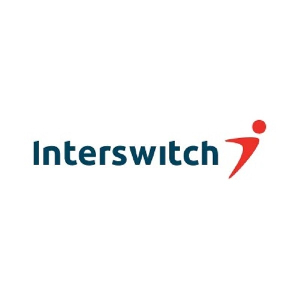The World Health Organisation, WHO says Africa has reached the pivotal point in the COVID-19 third wave of the pandemic.
According to WHO, following eight consecutive weeks of a fast-moving surge, new COVID-19 cases in Africa have slowed down, but this may be short-lived.
The WHO Regional Director for Africa, Dr Matshidiso Moeti, who spoke on Thursday, warned that Africa’s third wave was far from over.
“Be under no illusions, Africa’s third wave is absolutely not over. This small step forward offers hope and inspiration but must not mask the big picture for Africa.
“Many countries are still at peak risk and Africa’s third wave surged up faster and higher than ever before. The Eid celebrations which we marked this week may also result in a rise in cases. We must all double down on prevention measures to build on these fragile gains,” she stated.
Moeti said 21 African countries have seen cases rise by over 20 per cent for at least two weeks running – which is an increase of three countries over the previous week – and the highly transmissible Delta variant has been found in 26 African countries.
This comes as WHO urges African countries to urgently ramp up COVID-19 vaccinations as the squeeze on vaccine shipments eases. Around 60 million doses are set to arrive in the coming weeks from the US, Team Europe, the UK purchased doses and other partners through the COVAX Facility. Over half a billion doses are expected through COVAX alone this year.
“A massive influx of doses means that Africa must go all out and speed up the vaccine rollout by five to six times if we are to get all these doses into arms and fully vaccinate the most vulnerable 10 per cent of all Africans by the end of September,” said Moeti.
Nearly 70 per cent of African countries will not reach the 10 per cent vaccination target for all countries by the end of September at the current pace.
Around 3.5 million to 4 million doses are administered weekly on the continent, but to meet the September target this must rise to 21 million doses at the very least each week.
“To increase uptake, countries must scale up operations, investments on operational costs and address vaccine confidence. Countries need sufficient vaccine sites and health care workers, sufficient vaccine storage, and adequate transport and logistics for distribution,” said Dr Moeti.
To boost the uptake of vaccines, African countries must address the fear of side effects which are major drivers of people’s reluctance to get vaccinated. This includes using political and traditional leaders as vaccine champions, community mobilization efforts and addressing mis- and disinformation on social media.
Moeti spoke during a virtual press conference today facilitated by APO Group. She was joined by Hon. Dr Osagie E. Ehanire, Minister of Health, Nigeria, and Hon Dr Sidi Zahaf, Minister of Health, Mauritania. Also on hand to answer questions were Dr Richard Mihigo, Coordinator, Immunization and Vaccines Development Programme, WHO Regional Office for Africa; Dr Thierno Balde, Team Leader, Operational Partnerships, WHO Regional Office for Africa; and Dr Nicksy Gumede-Moeletsi, Regional Virologist, WHO Regional Office for Africa.
Africa News of Friday, 23 July 2021
Source: vanguardngr.com













